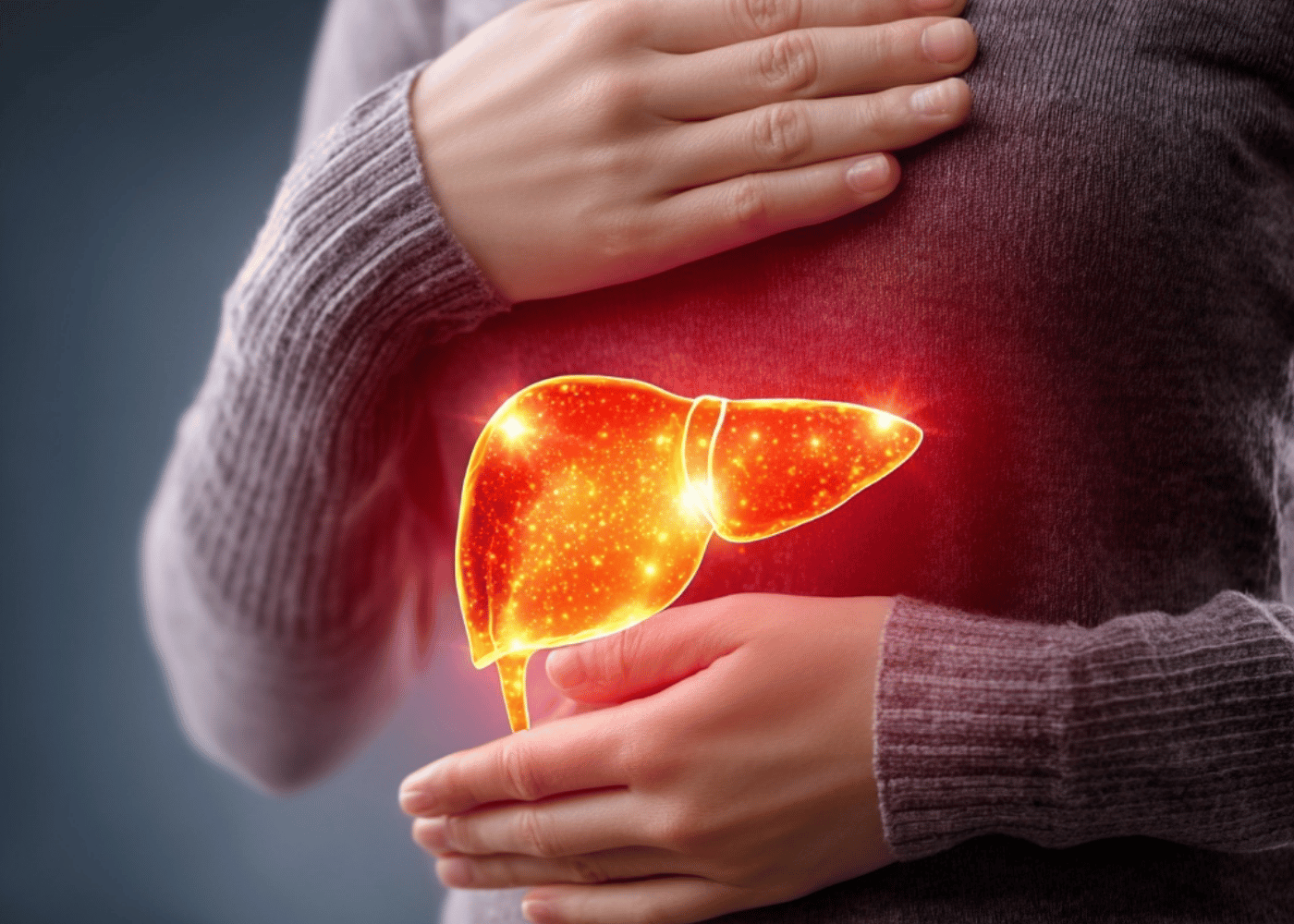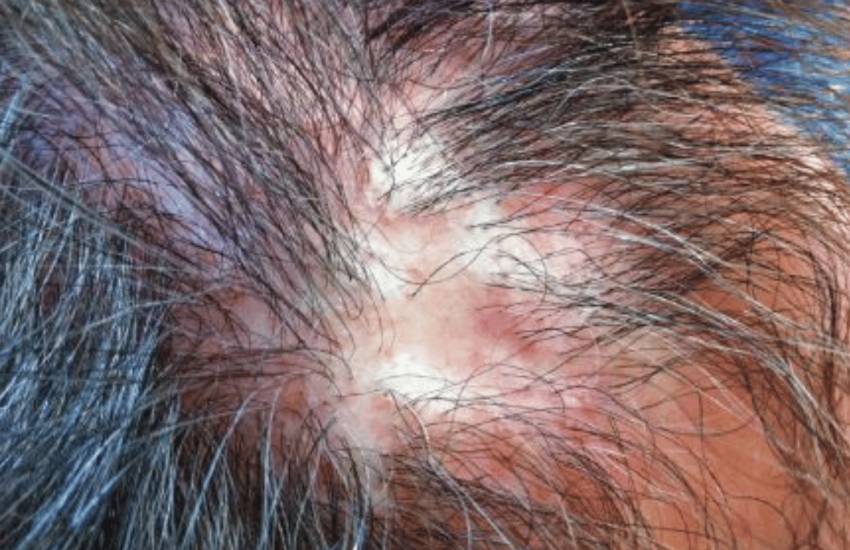10 Warning Signs of Liver Damage You Shouldn’t Ignore: Early Symptoms & Prevention Tips
Introduction
Did you know that liver damage often goes unnoticed until it’s too late? In fact, an estimated 25% of people with liver disease are unaware of their condition, making it one of the most underdiagnosed health issues globally. As the liver plays a critical role in detoxification, digestion, and metabolism, early detection of liver damage symptoms can be a game-changer in preventing severe complications like liver failure.
In this post, we’ll uncover the 10 warning signs of liver damage that you shouldn’t ignore. Whether you’re experiencing subtle discomfort or noticing more significant changes in your health, it’s crucial to recognize early liver damage signs. Let’s dive into how to detect liver damage and explore tips on how to maintain a healthy liver.
1. Unexplained Fatigue
One of the earliest liver health warning signs is feeling unusually tired or fatigued. The liver plays a vital role in producing energy by processing nutrients. When liver function is compromised, your body struggles to produce energy, leading to persistent tiredness that isn’t alleviated by rest.
Why it happens:
The liver is responsible for filtering toxins from your blood, and when it’s unable to function properly, the buildup of toxins can leave you feeling drained and weak.
2. Yellowing Skin or Eyes (Jaundice)
Jaundice is a clear indication of liver dysfunction. If your skin or the whites of your eyes take on a yellowish tint, it’s a sign that your liver isn’t processing bilirubin effectively. Bilirubin is a yellow compound that forms when your red blood cells break down. A healthy liver removes excess bilirubin, but when it’s damaged, this waste accumulates, causing jaundice.
Why it happens:
Liver damage can disrupt the production and excretion of bilirubin, leading to its buildup in the bloodstream.
3. Abdominal Pain or Swelling
Pain or discomfort in the upper right side of your abdomen may indicate liver damage. This area houses the liver, and any inflammation or enlargement could cause pain. Swelling of the abdomen, or ascites, is another indicator, usually seen in advanced liver damage or cirrhosis.
Why it happens:
Liver inflammation can occur due to hepatitis, fatty liver disease, or alcohol abuse. The liver may also enlarge, putting pressure on surrounding organs and causing discomfort.
4. Changes in Urine or Stool Color
Dark-colored urine and pale stools are important liver disease signs. If your urine is darker than usual, it might contain excess bilirubin. Meanwhile, lighter-colored stools could suggest that bile isn’t being secreted properly.
Why it happens:
These changes occur when the liver fails to properly process bile, which aids in digestion and gives stool its characteristic brown color.
5. Nausea and Vomiting
Persistent nausea and vomiting, often accompanied by loss of appetite, could signal liver issues. As the liver’s ability to detoxify the body diminishes, harmful substances build up, leading to digestive upset.
Why it happens:
The liver’s inability to clear toxins can disrupt the digestive system, causing nausea, vomiting, and bloating.
6. Unexplained Weight Loss
Significant, unexplained weight loss is another symptom of liver issues. If your liver becomes severely damaged, it may affect your body’s metabolism, leading to unintended weight loss.
Why it happens:
Liver diseases like cirrhosis or liver cancer can interfere with your body’s ability to absorb nutrients properly, leading to sudden weight loss.
7. Itchy Skin (Pruritus)
Itchy, irritated skin can be a subtle but significant symptom of liver damage. When the liver is not functioning properly, bile salts can build up under the skin, causing discomfort and itching.
Why it happens:
Increased bile in the bloodstream can deposit beneath the skin’s surface, triggering the sensation of itching.
8. Spider-Like Blood Vessels (Spider Angiomas)
If you notice the appearance of small, spider-like blood vessels on your skin, particularly on your face, neck, or chest, this could be a sign of liver damage. These vascular lesions often indicate a liver that is struggling to process hormones and other metabolic waste.
Why it happens:
Spider angiomas are commonly linked to liver dysfunction because the organ’s inability to break down hormones like estrogen can lead to the formation of these blood vessels.
9. Confusion or Cognitive Issues (Hepatic Encephalopathy)
When liver function becomes severely impaired, it can affect brain function. Hepatic encephalopathy occurs when toxins build up in the bloodstream due to the liver’s inability to detoxify the body, leading to confusion, memory loss, and even personality changes.
Why it happens:
The liver’s failure to filter toxins, including ammonia, can impair brain function and cause cognitive issues.
10. Easy Bruising or Bleeding
If you find that you bruise easily or have trouble stopping bleeding, this may be a sign of liver dysfunction. The liver produces proteins necessary for blood clotting, and when it becomes damaged, clotting factors are reduced, leading to easy bruising and prolonged bleeding.
Why it happens:
A damaged liver is less able to produce clotting factors, which increases the risk of bruising and excessive bleeding.
How to Prevent Liver Damage
While liver damage can sometimes be unavoidable, certain lifestyle changes can help reduce your risk. Here are a few liver health tips for maintaining a healthy liver:
- Eat a Balanced Diet – Focus on foods rich in antioxidants, like leafy greens, berries, and nuts, which help detoxify the liver.
- Limit Alcohol Consumption – Excessive alcohol intake can lead to liver damage. Stick to moderate drinking guidelines.
- Exercise Regularly – Regular physical activity helps maintain a healthy weight and reduces the risk of fatty liver disease.
- Get Vaccinated for Hepatitis – Protect yourself from viral infections like hepatitis, which can cause liver damage.
- Avoid Toxins – Limit exposure to harmful chemicals, including those in cleaning products, pesticides, and tobacco smoke.
Conclusion
Liver health is critical to your overall well-being, and recognizing liver damage symptoms early can prevent serious complications. If you notice any of these early liver damage signs, don’t wait to seek medical attention. By maintaining a healthy diet, exercising regularly, and avoiding harmful substances, you can safeguard your liver from damage and lead a long, healthy life.



